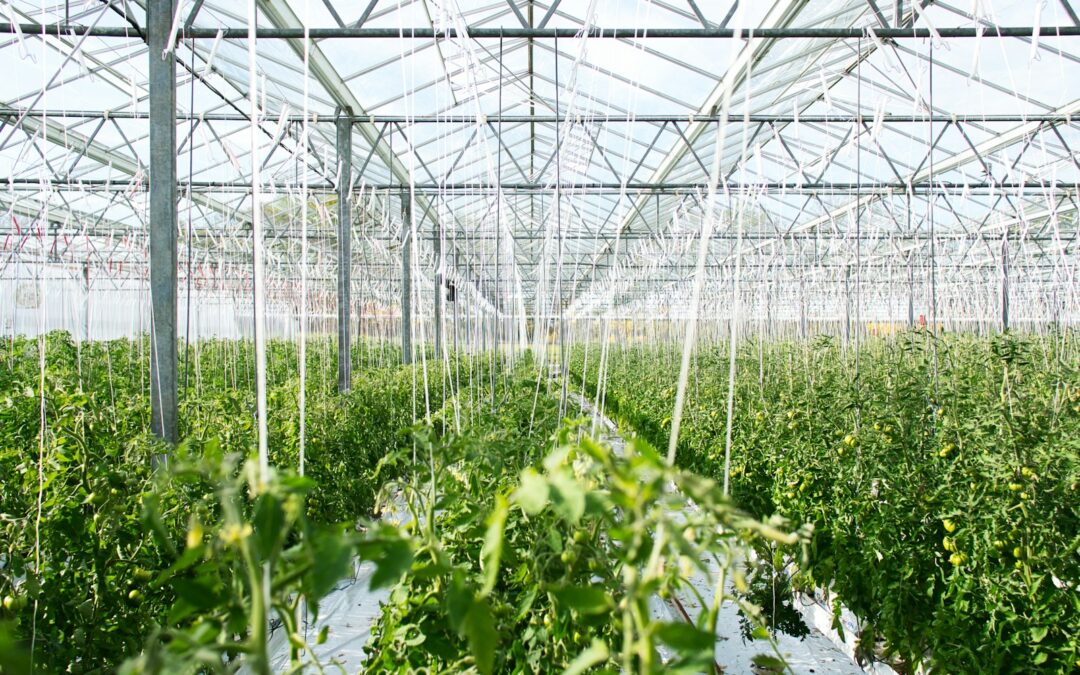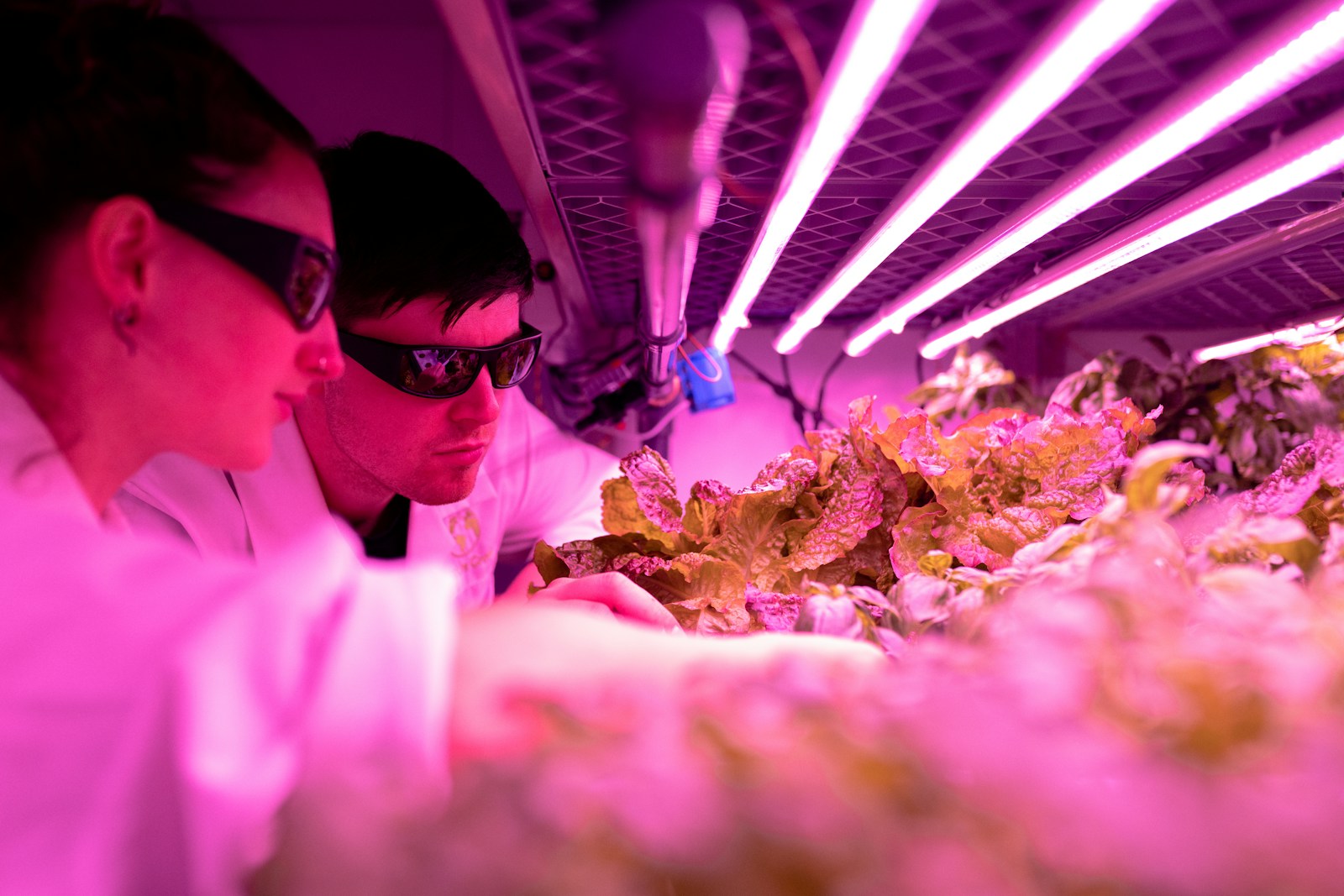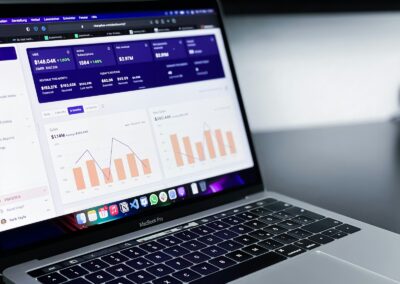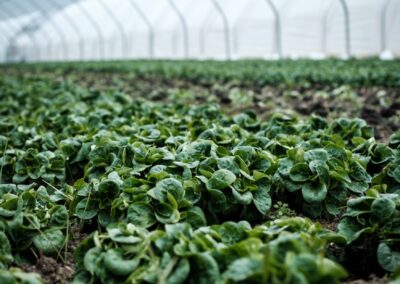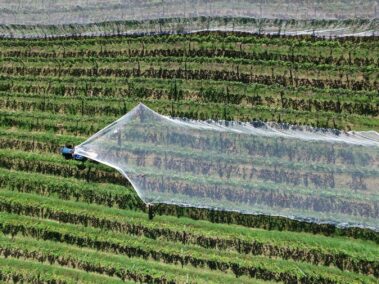Integrating AI and Data Analytics for Enhanced Agricultural Productivity
New Zealand’s Approach to Smart Farming
The integration of AI and data analytics in agriculture has revolutionized farming practices globally, with New Zealand emerging as a leader in this innovative approach. By leveraging advanced technologies, New Zealand has successfully enhanced productivity and sustainability in its agricultural sector. This transformation offers valuable insights for countries like Saudi Arabia and the UAE, which are looking to modernize their agricultural practices.
New Zealand’s strategy involves the use of AI-powered systems and data analytics to monitor crop health, optimize irrigation, and manage soil quality. These technologies enable farmers to make data-driven decisions, improving crop yields and reducing resource wastage. For example, AI-driven sensors can detect early signs of plant diseases, allowing for timely intervention and preventing significant crop loss. This proactive approach not only boosts productivity but also ensures the sustainability of farming practices.
Moreover, New Zealand has implemented robust data collection and analysis frameworks that facilitate real-time monitoring of farming operations. By integrating satellite imagery, weather forecasts, and soil data, farmers can optimize their planting schedules and resource allocation. This comprehensive data approach helps in mitigating the risks associated with climate change and unpredictable weather patterns, ensuring a stable food supply.
Applications in Saudi Arabia and the UAE
Saudi Arabia and the UAE can learn from New Zealand’s successful integration of AI and data analytics in agriculture to address their unique agricultural challenges. Both countries face harsh climatic conditions and limited water resources, making traditional farming methods less viable. By adopting AI-driven technologies, these nations can enhance their agricultural productivity and sustainability.
In Saudi Arabia, initiatives like the NEOM smart city project can incorporate AI and data analytics to develop advanced agricultural systems. These technologies can help in efficient water management, crucial for a country with scarce water resources. AI-powered irrigation systems can optimize water usage by analyzing soil moisture levels and weather conditions, ensuring that crops receive the right amount of water at the right time.
Similarly, in the UAE, the implementation of AI and data analytics can transform desert farming. Projects like the Dubai Food Park can utilize AI to monitor and control the growth conditions of crops in controlled environments. By integrating data from various sensors, these systems can maintain optimal conditions for crop growth, leading to higher yields and better resource efficiency.
Boosting Productivity through Precision Agriculture
Precision agriculture, powered by AI and data analytics in agriculture, is a key factor in boosting productivity. This approach involves the use of precise data to tailor farming practices to the specific needs of different crops and fields. By analyzing data on soil conditions, crop health, and weather patterns, farmers can implement targeted interventions that maximize yield and minimize input costs.
In New Zealand, precision agriculture has been widely adopted, leading to significant improvements in productivity. For instance, AI algorithms can analyze data from drones and satellites to create detailed maps of crop health. These maps enable farmers to identify areas that require more attention, such as regions with nutrient deficiencies or pest infestations. By addressing these issues promptly, farmers can ensure optimal crop growth and yield.
Saudi Arabia and the UAE can benefit from adopting precision agriculture techniques to enhance their agricultural output. In Saudi Arabia, precision farming can be integrated into greenhouse agriculture, which is increasingly being used to grow crops in controlled environments. By using AI to monitor and adjust growth conditions, greenhouse farmers can achieve higher productivity and better quality produce.
Sustainable Farming Practices Through AI and Data Analytics
Reducing Environmental Impact
The integration of AI and data analytics in agriculture not only boosts productivity but also promotes sustainable farming practices. By optimizing resource usage and reducing waste, these technologies help minimize the environmental impact of farming activities. In New Zealand, AI-driven solutions have been instrumental in promoting eco-friendly farming methods.
AI-powered irrigation systems, for example, reduce water consumption by ensuring that crops receive the exact amount of water needed. This precision in water management is crucial for regions facing water scarcity, such as Saudi Arabia and the UAE. By adopting similar technologies, these countries can conserve their valuable water resources while maintaining high agricultural productivity.
Moreover, data analytics can help farmers adopt sustainable pest management practices. In New Zealand, AI systems analyze data on pest populations and weather conditions to predict pest outbreaks. This information allows farmers to implement targeted pest control measures, reducing the need for broad-spectrum pesticides and minimizing environmental pollution. Saudi Arabia and the UAE can implement these techniques to promote sustainable agriculture and protect their ecosystems.
Enhancing Soil Health and Fertility
Maintaining soil health is essential for sustainable agriculture, and AI and data analytics in agriculture play a vital role in this aspect. In New Zealand, AI-driven soil monitoring systems provide real-time data on soil moisture, nutrient levels, and pH balance. This information enables farmers to manage soil health effectively, ensuring optimal conditions for crop growth.
In Saudi Arabia, where soil fertility is a significant challenge, AI can help in the restoration and maintenance of soil health. By analyzing soil data, AI systems can recommend the appropriate type and amount of fertilizers needed, preventing overuse and soil degradation. Similarly, in the UAE, AI can support initiatives aimed at improving soil quality in arid regions, promoting sustainable farming practices.
Furthermore, data analytics can facilitate crop rotation and diversification strategies that enhance soil fertility. By analyzing historical data on crop performance and soil conditions, AI systems can suggest the best crop rotation practices, ensuring that the soil remains fertile and productive over the long term. This approach is particularly beneficial for countries with limited arable land, such as Saudi Arabia and the UAE.
Building Resilience Against Climate Change
Climate change poses a significant threat to global agriculture, and AI and data analytics in agriculture offer valuable tools for building resilience against this challenge. In New Zealand, farmers use AI-driven climate models to predict weather patterns and prepare for extreme weather events. This proactive approach helps mitigate the impact of climate change on crop yields and food security.
Saudi Arabia and the UAE can leverage AI and data analytics to enhance their agricultural resilience. By integrating climate data with agricultural practices, these countries can develop adaptive strategies that minimize the adverse effects of climate change. For example, AI systems can analyze weather data to predict droughts and suggest appropriate water management techniques, ensuring that crops receive adequate hydration even during dry periods.
Additionally, AI can support the development of climate-resilient crop varieties. By analyzing genetic data, AI systems can identify traits that enhance crop resistance to extreme weather conditions. This information can guide breeding programs aimed at developing crops that can thrive in the challenging climates of Saudi Arabia and the UAE, ensuring food security in the face of climate change.
Conclusion: Embracing AI and Data Analytics for a Sustainable Future
The integration of AI and data analytics in agriculture offers transformative benefits for enhancing productivity, sustainability, and resilience. By learning from New Zealand’s successful approach, countries like Saudi Arabia and the UAE can adopt these technologies to address their unique agricultural challenges and ensure a sustainable future.
AI-driven solutions promote efficient resource management, sustainable farming practices, and resilience against climate change. By embracing these innovations, Saudi Arabia and the UAE can enhance their agricultural sectors, contributing to food security and environmental sustainability. As these countries continue to invest in AI and data analytics, they are well-positioned to lead the way in modern, sustainable agriculture.
—
#AIinAgriculture #DataAnalytics #SustainableFarming #AgriculturalInnovation #NewZealand #SaudiArabia #UAE #Riyadh #Dubai #BusinessSuccess #Leadership #ModernTechnology

